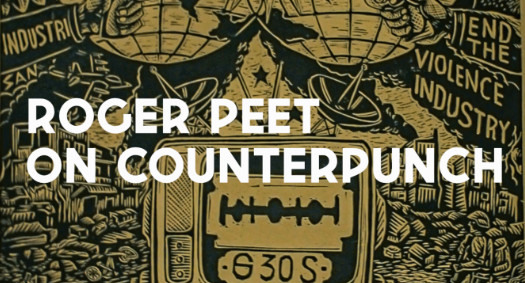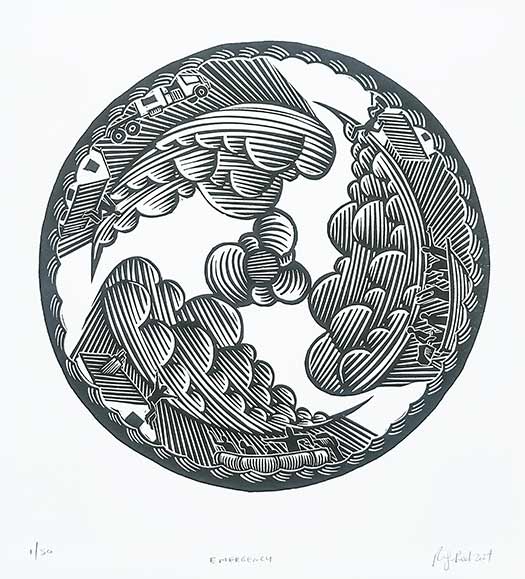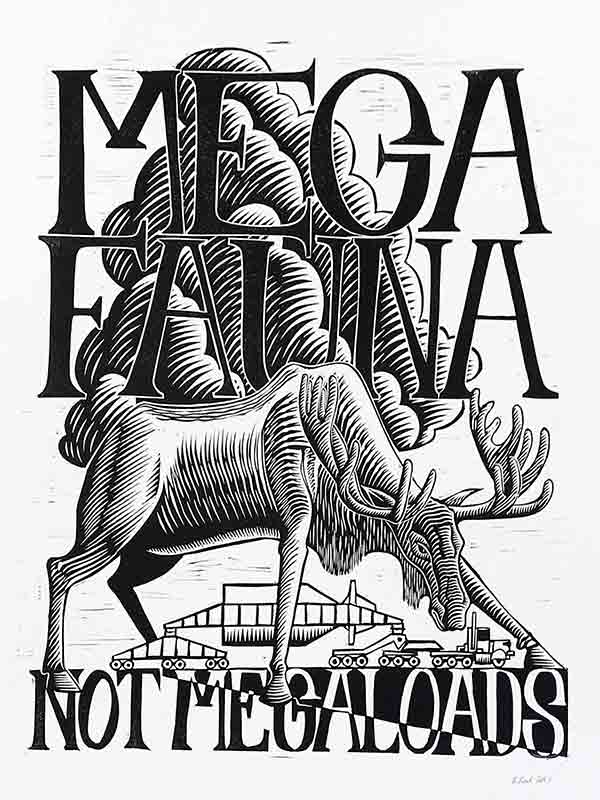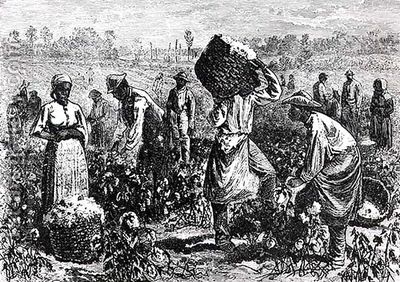
On a grim and drippy morning earlier this week I sat in my house reading an article about slave capitalism in the magazine n+1, specifically a review of Walter Johnson’s new book River of Dark Dreams: Slavery and Empire in the Cotton Kingdom, published earlier this year by Harvard. The author, Gabriel Winant, compares Johnson’s analysis of the slave economy with an opposing take, written in the 70’s by theorist Eugene Genovese, and points to the way he sees each view as arising from the specific historical moment in which it was written.
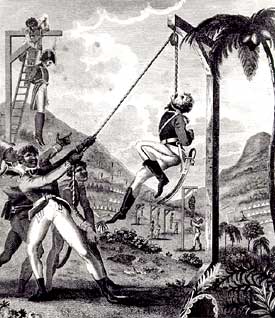
Genovese said that slaves engendered a form of reluctant paternalism in their masters with their threats, voiced or unvoiced, to rebel and wreak havoc, and that masters had to develop a way in which they could see themselves as gentle, generous father-figures to make the mutual illusion work. The power and extent of the slave economy grew out of this ritual mythmaking and performance, until it ran up against the bourgeois narrative of the North. Johnson’s take is based partly on an idea of David Harvey- that capital wants to be abstract.
Capital is based on the transformation of objects in the real world (bodies, forests, fields) into quanta that can be combined and recombined with fiscal alchemy to generate profit. The problem for capitalists has been that when forced to take physical shape, such as a field or a warehouse, money and its priorities get bogged down and thrash dangerously about like a dragon mired in bitumen, making it difficult for capitalists to keep a hand on the reins. Forests are full of wolves, warehouses full of rats, seas full of torment, and slaves full of a desire for freedom and sometimes revenge. When the land under cotton is worked out, new land must be found, cleared, planted, fertilized with ground-up fish, and watered from dwindling creeks- but unfortunately, the robber-barons of the mercantilist North have their eyes on it too.
Capitalism, slave capitalism in this case, combats stagnation through movement, sluicing material and labor to new areas of influence and control, going where limits are less and the natural world has yet to be atomized and converted into value. Johnson points to the dreams of a planter empire that were frothing through the south in the run-up to the Civil War, dreams of a slave plantation spreading across central and South America. Does this sound familiar? Sound a little bit like United Fruit in Guatemala, Kissinger in Indonesia, Bushes in Iraq, private prisons in the live-oak glades? What Johnson is saying is that slave capitalism’s dreams of an empire built on shackles have essentially come true- we live inside that world. To some extent the South won the war.

Here’s a great quote from Winant’s article:
“In left-wing thought, there’s always been a powerful emancipatory possibility associated with the past: the specific opposite of false consciousness is historical consciousness. To see yourself in time is to grasp the way the world is in flux…But like everything else, historical interpretation must live in time. Any understanding of history, articulated in the terms of its own age, eventually fades.” He goes on to point out that Genovese’s theories arose during a time when he could look at the working class and see it as coddled by capitalism, claim that it had won too many victories and had become dormant under the avalanche of worldly goods it had won from industry, and that he could view slavery through a similar lens. Johnson, however, is writing now. He sees the drones overhead and the collapsed factories full of cheap cotton, the poisoned fields of the Ferghana Valley, and the gasping aquifers of the US Southwest. When we look up and note the absence of birds, and swim in empty seas that used to be blue but are now green with algae and thick with jellyfish instead of shad or cod, it becomes unpleasantly obvious that the past isn’t a mirror held up to us, but a window.


